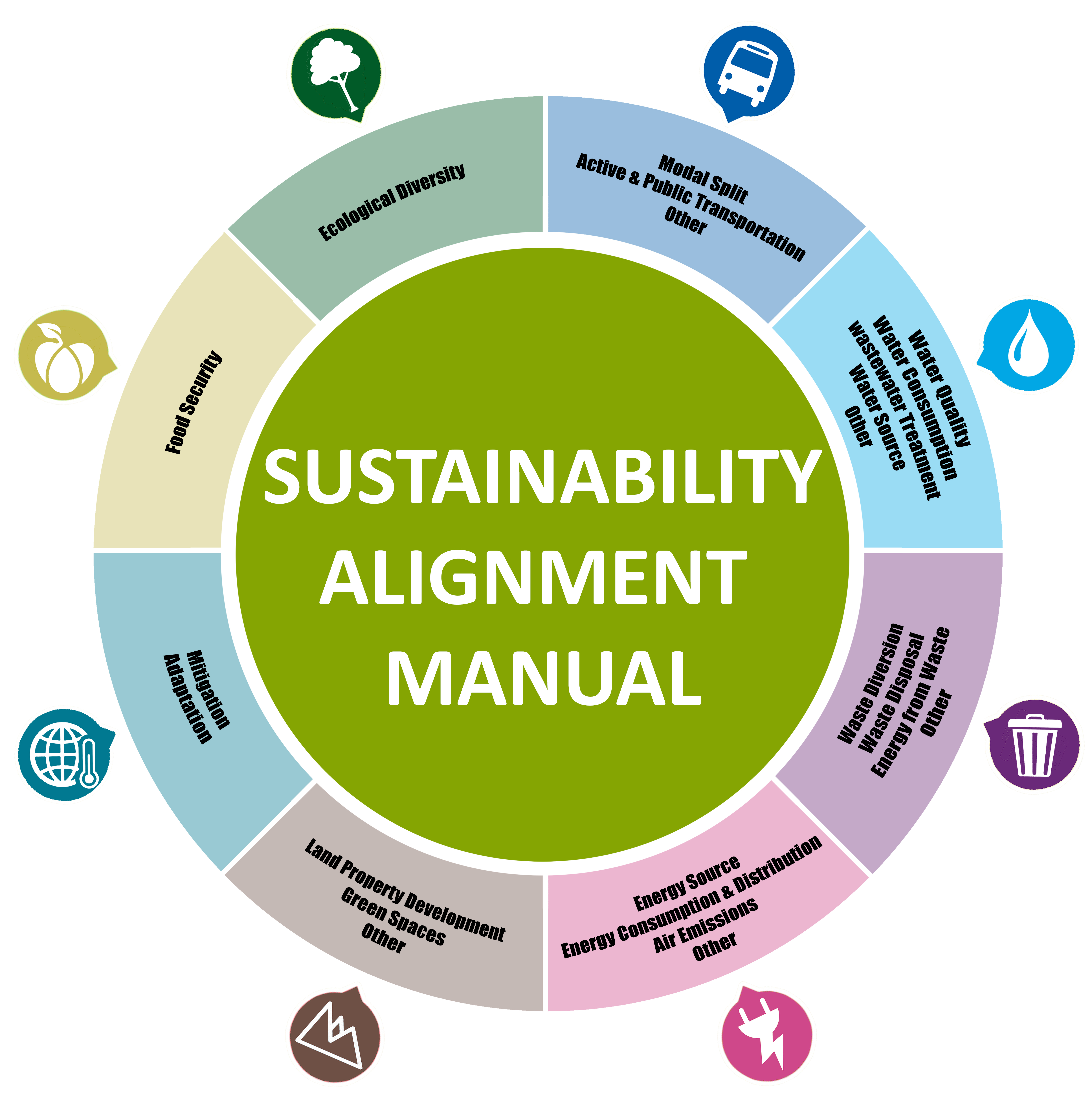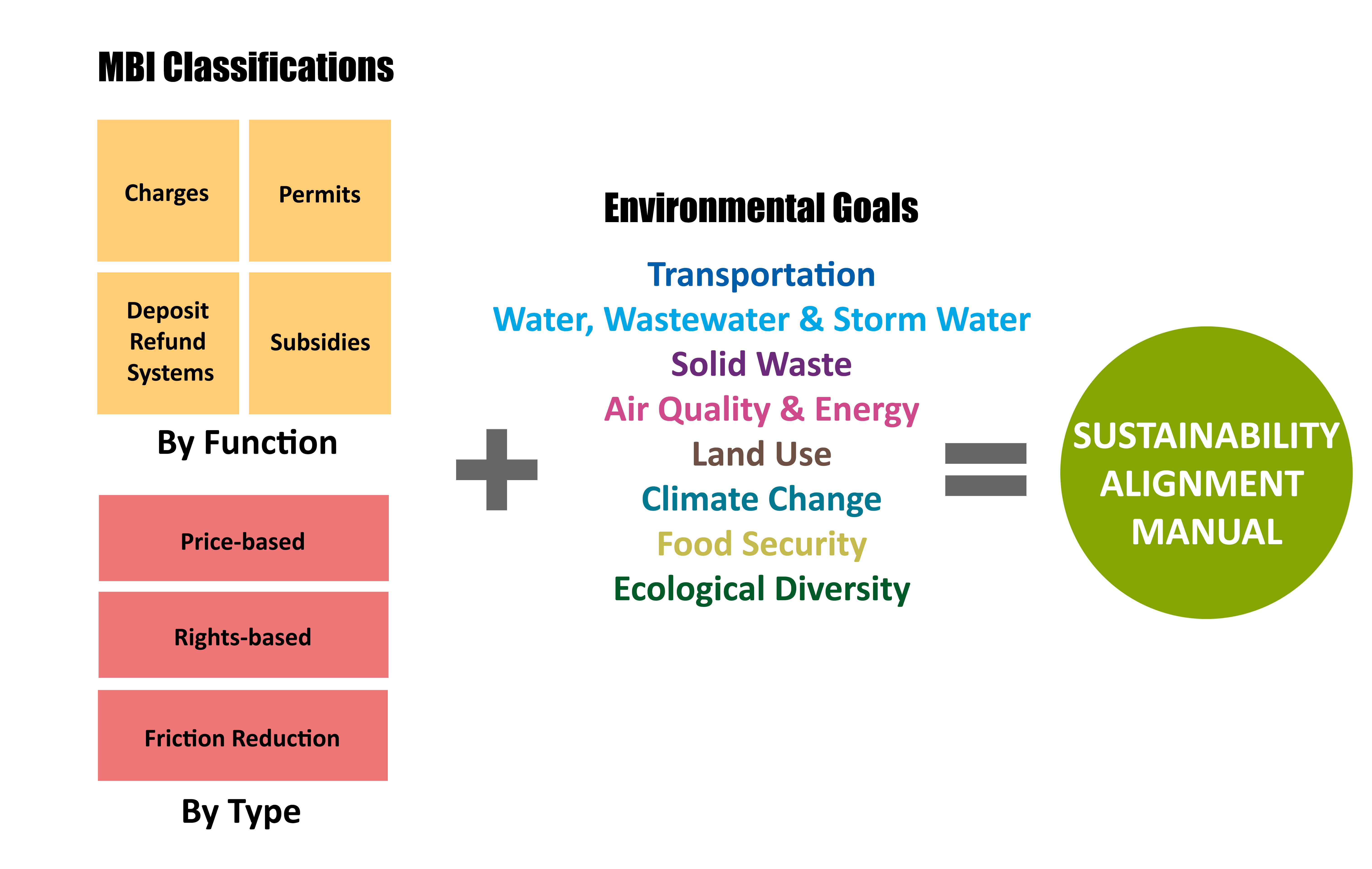
January 14, 2020
Guest post by Ying Zhou, University of Waterloo
Market-approach for addressing local sustainability and climate challenges
Cities are at the forefront of sustainable development, climate change mitigation, and adaptation. In Canada, communities have pledged to the 80x50 federal target and limiting global warming to below 2°C. Additionally, Canadian municipalities are also committed to addressing additional environmental challenges (e.g., water, solid waste, transportation, etc.). Local governments play a critical role in advancing sustainability, and low-carbon transition as municipalities hold significant power and jurisdiction in transportation, waste management, public utilities, planning, and local economic development. Currently in Canada, municipal governments have developed Community Sustainability Plans that document local environmental challenges, including climate change. These plans are also known as integrated community sustainability plans (ICSPs), and local agenda 21s.
Much of the traditional approaches to addressing these environmental challenges at the local scale are “command and control” regulations, which lack incentives for enhanced environmental performance. Local governments enforce bans on specific actions and require property tax increases to mitigate the environmental cost and negative consequences. Voluntary approaches to community sustainability and local climate action also exist among environmental enthusiasts and sustainability leaders. However, the long-term commitment and success are also dependent on incentives that benefit these leaders and volunteers.
Market-based instruments (MBIs) are policy tools that utilize market signals and economic mechanisms to encourage actions beyond environmental compliance and provide incentives for positive environmental behaviours. MBIs also complement existing municipal processes and regulations when “command and control” approaches are less effective in situations where local governments lack enforcement resources, or the implementation of the regulation is economically inefficient. It is at the local scale that the application of these policy tools and innovative approaches occurs most effectively, and has the most significant impact in generating individual behavior change and massive transformation toward sustainability and community prosperity.
Establishing direct linkages between MBIs and environmental challenges through the Sustainability Alignment Manual (SAM)
MBIs are commonly classified by type: 1) priced-based, 2) rights-based and 3) friction reduction; or by function: 1) charges, 2) permits, 3) deposit refund systems, 4) subsidies, etc. However, one of the gaps with these standard classifications is that these categorization frameworks are mainly focused on the economic dimension of MBIs. Since most of the frameworks are developed without the intention of using them to address sustainability and climate challenges, they lack the alignment with sustainability objectives and climate goals.
Sustainability Alignment Manual (SAM) contains over 50 MBIs across eight different environmental topics (i.e., transportation, water, solid waste, energy, land-use, climate change, food security, and ecological diversity). SAM combines multiple categorization approaches of MBIs and builds on these frameworks by establishing direct linkages between MBIs (economic dimension) and the environmental goals.

The SAM framework is also well aligned with the mandate of Community Sustainability Plans as it focuses on identifying MBIs that offers flexibility and continuous incentives for stimulating effective community sustainability and climate action.

SAM provides an innovative overarching framework that looks beyond the type and function of each MBI and stimulates a deeper understanding of the use of MBIs to achieve local sustainability and community prosperity. The manual also equips local governments with a list of useful and innovative policy tools for implementing their sustainability and climate goals.
Download the Sustainability Alignment Manual here.
Ying Zhou is a PhD Candidate in Sustainability Management at the University of Waterloo School of Environment, Enterprise and Development. This work was supported by Smart Prosperity Institute’s Graduate Student Travel Award.